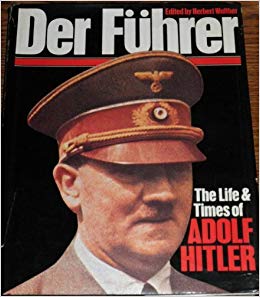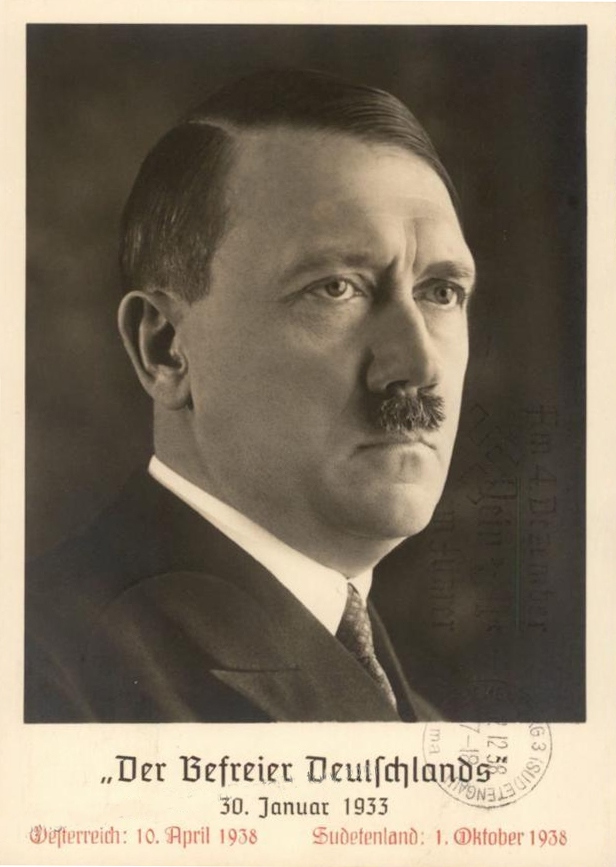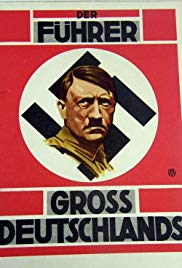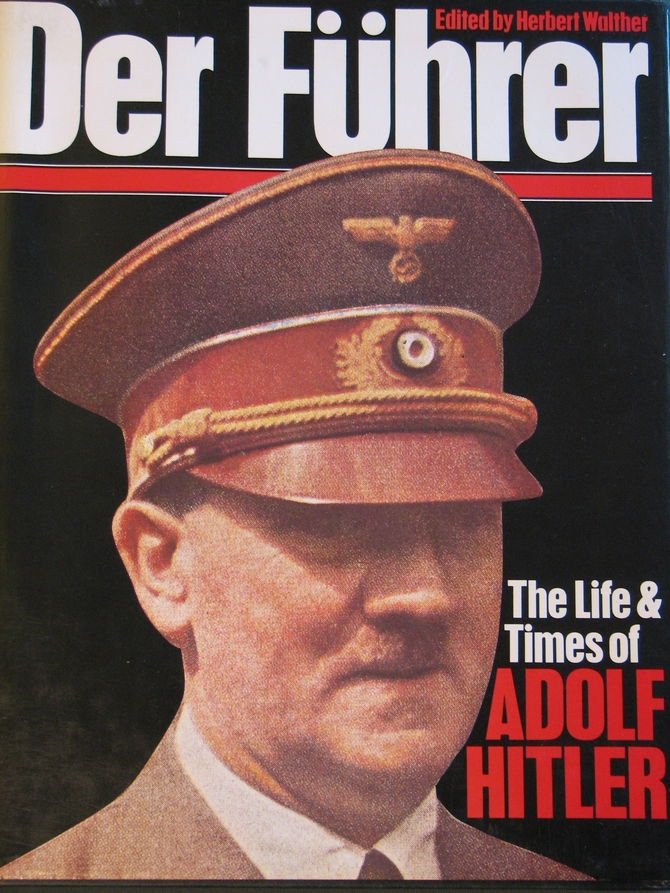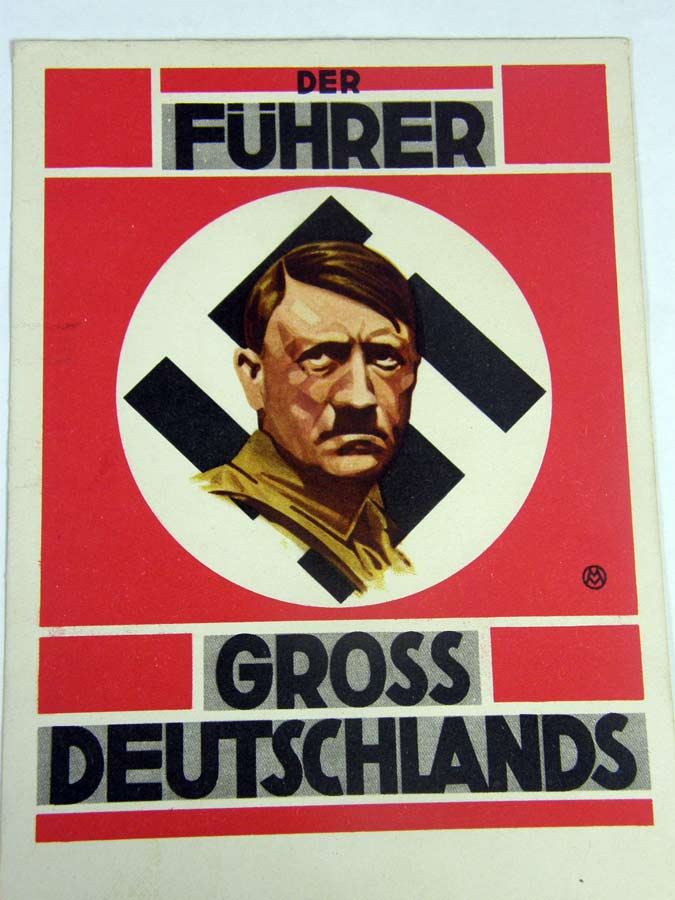
< /ˈæd ɒlf, ˈeɪ dɒlf; German ˈɑ dɔlf/, Adolf Schicklgruberder Führer, 1889–1945, Nazi dictator of Germany, born in Austria: Chancellor 1933–45; dictator 1934–45.
noun
- a leader: applied esp to Adolf Hitler (der Führer) while he was Chancellor
noun
- Adolf. (ˈaːdɔlf). Grandmother’s maiden name and father’s original surname Schicklgrüber . 1889–1945, German dictator, born in Austria. After becoming president of the National Socialist German Workers’ Party (Nazi party), he attempted to overthrow the government of Bavaria (1923). While in prison he wrote Mein Kampf, expressing his philosophy of the superiority of the Aryan race and the inferiority of the Jews. He was appointed chancellor of Germany (1933), transforming it from a democratic republic into the totalitarian Third Reich, of which he became Führer in 1934. He established concentration camps to exterminate the Jews, rearmed the Rhineland (1936), annexed Austria (1938) and Czechoslovakia, and invaded Poland (1939), which precipitated World War II. He committed suicide
- a person who displays dictatorial characteristics
1934, from Führer und Reichskanzler, title assumed by Hitler in 1934 as head of the German state, from German Führer “leader,” from führen “to lead,” from Middle High German vüeren “to lead, drive,” from Old High German fuoren “to set in motion, lead,” causative of Old High German faran “to go, travel,” which is cognate with Old English faran (see fare (v.)). Hitler’s title was modeled on Mussolini’s Duce.
used figuratively for “a dictator” from 1934.
 Liberal Dictionary English Dictionary
Liberal Dictionary English Dictionary
